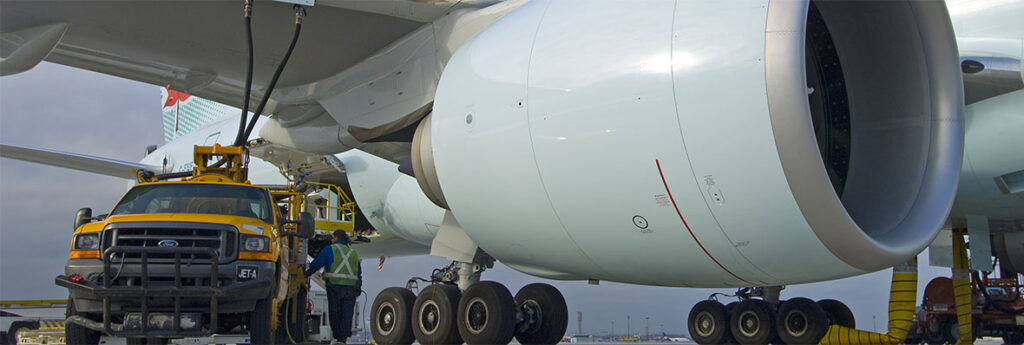Rising fuel costs could mean pricier airfares with carriers facing a second headwind of skyrocketing oil prices, as fallout from Russia’s invasion of Ukraine, including sanctions and oil import bans, helped push up the price of jet fuel by more than 27 percent to US$142 a barrel in the week ending March 4, according to S&P Global Commodity Insights.
“If the jet fuel price stays that high, then over time it is reasonable to expect that it will be reflected in airline yields,” said International Air Transport Association director general Willie Walsh in a release last week.
Concerns over fuel, which is airlines’ biggest expense after labour, may prompt carriers to recoup that cost with pricier tickets.
Demand for travel among Canadians is rising after two years cooped up under COVID-19 restrictions, but the bigger booking numbers could plateau if ballooning fuel costs are passed on to passengers through higher fares, said John Gradek, head of McGill University’s aviation management program.
“You’re seeing a situation where carriers have to take some action – either to hedge their fuel prices, or pass on some of those increases to the customer, or absorb those increases internally,” he said.
Air Canada says fuel costs always factor into ticket prices.
“We always say that ticket pricing is dynamic and that fares can change frequently, both up and down. However, one cannot assign a particular cause to any price movement that may occur because there are many elements that go into setting fares” – such as competition, demand and airport charges – Air Canada spokesman Peter Fitzpatrick said in an email.
WestJet Group said it has not increased fares in response to soaring oil prices. A spokesperson stressed demand as the key driver of ticket prices.
Transat A.T. Inc. CEO Annick Guerard said during a conference call that reservations are ramping up, on track to hit 90 percent of 2019 levels by summer.
Currently sitting at about half of pre-pandemic levels, bookings took off the week of Feb. 15 – when the federal government announced it would roll back testing and self-isolation rules and lift its advisory against international travel – exceeding numbers from the same period in 2019.
Transat may consider fuel hedging – where airlines agree to purchase oil in the future at a predetermined price – to buffer against mounting costs, chief financial officer Patrick Bui said on last week’s conference call.
Cowen analyst Helane Becker says airports generally have about two weeks’ worth of jet fuel on hand, which means airlines are only now starting to feel the price pinch.
“Unsurprisingly, jet fuel at the current level or higher is a significant headwind to airline earnings,” she wrote in a research note. “That said, it would not be surprising to see a repeat of 2008 when a rapid rise in fuel prices was followed by an equally rapid fall.”
Oil prices saw a midweek pullback after spiking in the first week of March in response to the tumult stirred up by Russia’s assault on its neighbour. The price of benchmark West Texas Intermediate closed at $109.33 Friday after peaking at US$130.50 earlier in the week.
The question of whether the heftier airfares that may result from narrower oil supply will be eye-popping enough to dissuade Canadians from Caribbean getaways will play out in the coming weeks.

